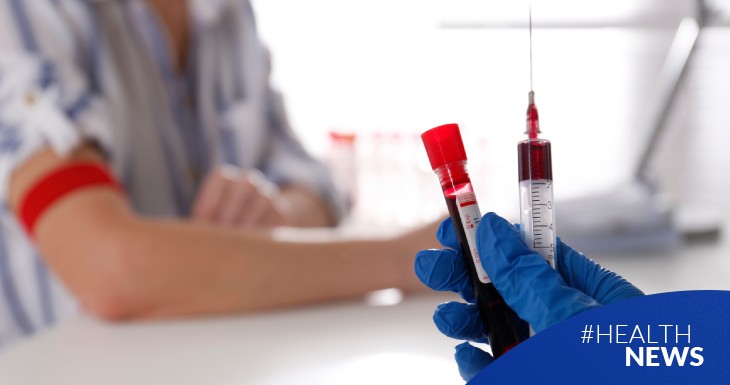Did you know that more than 20 million people worldwide live with sickle cell disease (also known as sickle cell anemia)? And the most alarming thing is that many of them are unaware of it. Every June 19th, World Sickle Cell Disease Day aims to raise awareness about a condition that remains largely unnoticed but has a profound impact on global health.
What is it, and how does it affect people?
Sickle cell disease is a hereditary blood disorder. Instead of round, flexible red blood cells, people with this condition produce sickle-shaped cells (hence the name "sickle"). The problem? These cells harden, become stuck in blood vessels, and hinder oxygen circulation.
This can cause:
- Acute pain (known as sickle cell crisis)
- Constant fatigue
- Frequent infections
- Risk of stroke, organ damage, and vision loss
In most cases, it can be detected in two ways:
- Diagnosis through routine blood tests (especially in infants) In many countries, especially those with newborn screening programs, the disease is detected at birth through routine blood tests.
- Consultation for symptoms In places where newborn screening is not performed, or in adults not diagnosed in childhood, patients often consult for symptoms.
Who is affected?
This disease is much more common than you might imagine in regions such as:
- Sub-Saharan Africa (where 1 in 4 people carry the gene)
- India and the Middle East
- Caribbean
- Latin America (especially Brazil, Colombia, Venezuela, and parts of Argentina)
According to the WHO, more than 300,000 babies are born each year with this condition, and without proper diagnosis and treatment, many do not reach the age of 5.
Neonatal diagnosis is essential. A simple blood test can detect the disease and begin treatment from the first year of life.
Is there a treatment?
Yes. Although there is no definitive cure (except in cases involving bone marrow transplants), effective treatments now exist that allow patients to lead healthier lives:
- Hydroxyurea (reduces pain attacks)
- Regular transfusions
- Vaccines and constant hydration
- Experimental gene therapies with promising results
Why is it little discussed?
It is a disease that primarily affects populations that have historically been underserved in terms of healthcare. Additionally, since it is genetic, many people believe that 'nothing can be done.' However, information, access to medical check-ups, and appropriate treatments can make a big difference T.
urning a blind eye to sickle cell disease doesn't make it go away. On the contrary, talking about it, raising awareness, and promoting early diagnosis can radically change the lives of millions of people.
On this World Sickle Cell Disease Day, the invitation is clear: educate ourselves, empathize, and add our voices so that this disease is no longer a great unknown. Because when knowledge spreads, so does health.


